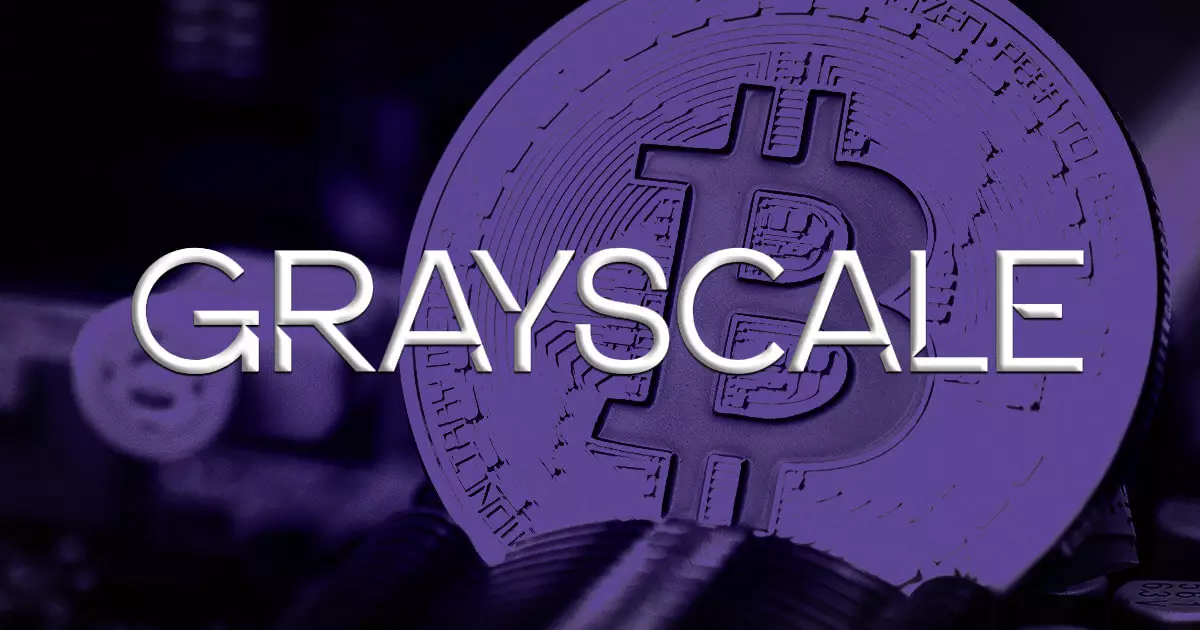Grayscale has recently submitted an updated filing for its spot Bitcoin ETF to the U.S. Securities and Exchange Commission (SEC). The filing, known as an amended S-3 prospectus, indicates that Grayscale is actively engaging with the SEC and making necessary changes to their offering documents based on discussions and feedback from the regulatory body.
Bloomberg ETF analyst James Seyffart has highlighted that the most recent filing does not introduce any significant alterations. However, there are a couple of noteworthy adjustments. The application has shortened a line pertaining to cash orders, and several pages of risk disclosures have been removed. It’s important to clarify that although there were initial reports about a potential ticker change from GBTC to BTC, Seyffart later confirmed that this information was inaccurate.
Recent developments indicate that Grayscale’s engagement with the SEC, including discussions with members of the regulatory body and a meeting with the law firm Davis Polk, are positive signs for the potential approval of their proposed ETF. Unlike other spot Bitcoin ETF applications, such as those from BlackRock and Fidelity, Grayscale’s approach involves converting an existing investment vehicle into an ETF, which sets it apart within the industry.
Grayscale obtained a significant court victory earlier this year, which compelled the SEC to review its Bitcoin ETF application. While the SEC is not obligated to approve the application, it is required to consider it after attempting to dismiss it in 2022. This court victory has further fueled optimism among industry observers regarding the potential approval of a Bitcoin ETF and its impact on the market as a whole.
The Grayscale Bitcoin Trust (GBTC) fund currently trades at a discount, meaning its market price is below its net asset value (NAV). As of now, the discount stands at -11.86%, according to data from YCharts. This discount may be attributed to various factors, including market dynamics, investor sentiment, and the speculation surrounding the potential approval of a Bitcoin ETF. However, it’s essential to note that this discount does not necessarily reflect the long-term value or potential of the trust.
While Grayscale’s updated filing does not introduce significant changes, it demonstrates the ongoing efforts of the company to navigate the regulatory landscape and secure approval for its Bitcoin ETF. The engagement between Grayscale and the SEC, as well as the court victory that compelled the regulatory body to review the application, are positive indicators for the future of a Bitcoin ETF. However, it’s important to monitor further developments and assess how regulatory decisions may impact the cryptocurrency market and investor sentiment.
Grayscale’s recent updated filing for its Bitcoin ETF reflects the company’s continued engagement with the SEC and its commitment to addressing any necessary changes. While the exact timeline for the approval of a Bitcoin ETF remains uncertain, the discussions and court victories signal progress in the right direction. As the market eagerly awaits a potential Bitcoin ETF, investors and industry observers should remain vigilant and gather insights from the evolving regulatory landscape.














